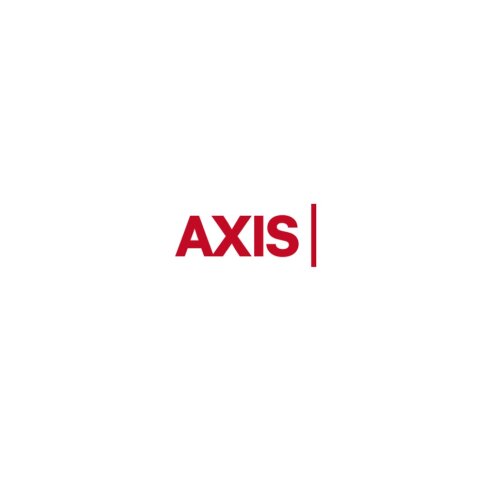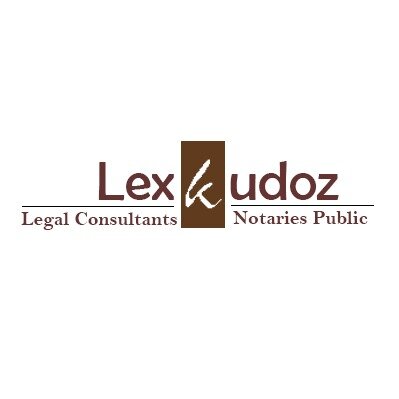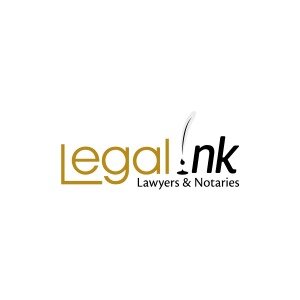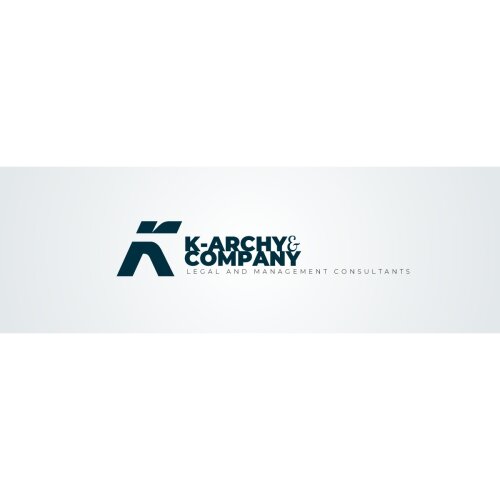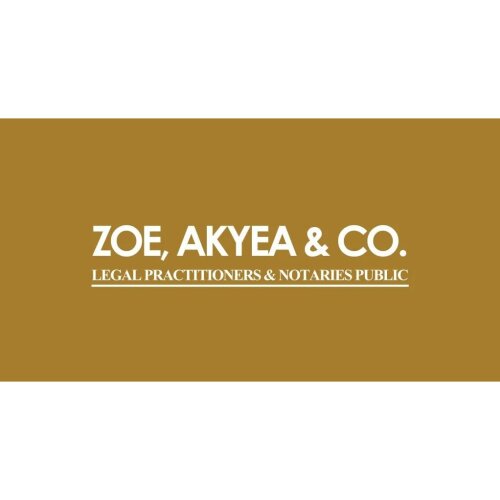Best Insurance Lawyers in Ghana
Share your needs with us, get contacted by law firms.
Free. Takes 2 min.
Or refine your search by selecting a city:
List of the best lawyers in Ghana
About Insurance Law in Ghana
Insurance law in Ghana regulates the formation, operation, and regulation of insurance companies and policies in the country. The primary legislative body overseeing insurance activities is the National Insurance Commission (NIC), established by the Insurance Act 2006 (Act 724). This act mandates that all insurance companies in Ghana be registered with the NIC, which ensures compliance with statutory requirements and protects policyholders' interests. The insurance industry in Ghana caters to both life and non-life coverage, offering products ranging from health and vehicle insurance to property and life assurance.
Why You May Need a Lawyer
There are several situations where you may require legal assistance in the field of insurance in Ghana. These include:
- Disputes arising from insurance claims being denied or inadequately compensated.
- Understanding the terms and conditions of complex insurance contracts before signing.
- Seeking redress or negotiating with insurance companies following incidents such as accidents or natural disasters.
- Transitioning businesses or personal insurance policies in compliance with local regulations.
- Settling disputes related to insurance fraud or breaches of contract.
Local Laws Overview
Key aspects of insurance law in Ghana include:
- The Insurance Act 2006 (Act 724): This act governs all insurance activities, setting rules for the registration and operation of insurance entities.
- The Role of the National Insurance Commission (NIC): The NIC is tasked with ensuring sound insurance and risk management practices and safeguarding policyholders' interests.
- Compulsory Insurance: Certain types of insurance, such as motor insurance (Third Party), are mandatory under Ghanaian law.
- Consumer Rights and Protections: Policyholders in Ghana are entitled to fair treatment and are protected against unfair denial of claims through established legal frameworks.
Frequently Asked Questions
What is the role of the National Insurance Commission?
The NIC oversees the insurance industry in Ghana, ensuring compliance with laws, protecting policyholders, and promoting fair business practices.
Is motor insurance mandatory in Ghana?
Yes, third-party motor insurance is mandatory for all vehicle owners in Ghana.
Can I challenge an insurance claim denial?
Yes, policyholders can challenge a denial of their claims through a legal process, starting with a formal complaint to the insurance company and proceeding to litigation if necessary.
What is a premium in insurance terms?
A premium is a payment made to an insurance company to provide coverage against specified risks.
Do life insurance policies cover all causes of death?
Not necessarily. Life insurance policies typically outline certain exclusions, such as deaths from pre-existing conditions or illegal activities.
How are insurance disputes resolved in Ghana?
Disputes may be resolved through negotiation, arbitration, or litigation, depending on the specifics of each case.
What types of insurance are prevalent in Ghana?
Common types include motor, health, life, property, and business insurance.
How can I ensure my insurance company is legitimate?
Verify the company's registration with the National Insurance Commission, which maintains a list of authorized insurers.
What should I consider before purchasing an insurance policy?
Consider the coverage, exclusions, claim process, and financial stability of the insurance provider.
Can businesses have more than one type of insurance?
Yes, businesses often need multiple insurance types, such as property, liability, and employee health coverage, to cover various risks.
Additional Resources
If you are seeking legal advice, consider these resources:
- National Insurance Commission (NIC): Provides regulatory oversight for the insurance industry.
- Ghana Insurance Association: Represents insurance companies and offers information and support.
- Ghana Bar Association: Offers resources for finding qualified legal representatives.
- Consumer Protection Agency: Safeguards consumer rights in financial transactions and services.
Next Steps
If you need legal assistance with insurance matters in Ghana, here are some steps to take:
- Identify Your Issue: Clearly define your insurance-related issue or dispute.
- Gather Documentation: Collect all relevant policy documents, correspondence, and evidence related to your issue.
- Consult a Lawyer: Engage a lawyer with experience in insurance law to understand your rights and options.
- File a Complaint: If necessary, file a complaint with the regulatory body or pursue dispute resolution mechanisms.
- Consider Mediation or Arbitration: Explore alternative dispute resolution options before proceeding to court.
Following these steps can help ensure you navigate the legal aspects of insurance effectively and protect your interests.
Lawzana helps you find the best lawyers and law firms in Ghana through a curated and pre-screened list of qualified legal professionals. Our platform offers rankings and detailed profiles of attorneys and law firms, allowing you to compare based on practice areas, including Insurance, experience, and client feedback.
Each profile includes a description of the firm's areas of practice, client reviews, team members and partners, year of establishment, spoken languages, office locations, contact information, social media presence, and any published articles or resources. Most firms on our platform speak English and are experienced in both local and international legal matters.
Get a quote from top-rated law firms in Ghana — quickly, securely, and without unnecessary hassle.
Disclaimer:
The information provided on this page is for general informational purposes only and does not constitute legal advice. While we strive to ensure the accuracy and relevance of the content, legal information may change over time, and interpretations of the law can vary. You should always consult with a qualified legal professional for advice specific to your situation.
We disclaim all liability for actions taken or not taken based on the content of this page. If you believe any information is incorrect or outdated, please contact us, and we will review and update it where appropriate.
Browse insurance law firms by service in Ghana
Ghana Attorneys in related practice areas.
Browse insurance law firms by city in Ghana
Refine your search by selecting a city.



